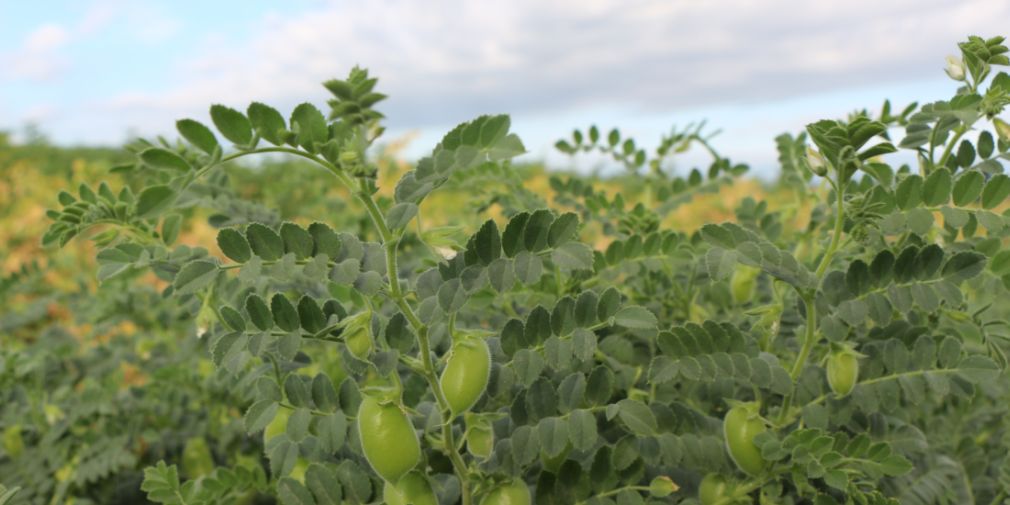
Climate projections predict higher temperatures, more heat days, greater drought and more heavy precipitation for southwestern Germany in the future. Baden-Württemberg's agriculture must adapt to the coming changes in time. This challenges not only farmers, but also researchers, plant breeders, the agricultural industry and trade, consultants and authorities. LTZ Augustenberg was in charge of preparing the expert report on agriculture for the "Strategie zur Anpassung an den Klimawandel in Baden-Württemberg".
Crop adaptation strategies include the increased cultivation of crops that are more heat tolerant (maize, millet, soybean) and drought tolerant (barley, millet, alfalfa, etc.). In general, varieties that can cope (better) with heat, drought, diseases and pests are in demand. To spread the risk, a diverse crop rotation and the use of several varieties instead of just a few is recommended - a strategy that is already being financially supported by FAKT, the state's agri-environmental program. Irrigation needs are expected to increase not only in horticulture but also in arable farming, requiring appropriate technology, planning and investment.
In view of increasing risks of heavy precipitation, special attention must be paid to protection against erosion and humus depletion. Conservation tillage, organic fertilization, appropriate crop rotations and the use of catch crops are the means of choice. In fertilization, stabilized fertilizer forms, placed fertilization, depot fertilization in the root zone and foliar fertilization are becoming more interesting. Utilization of winter moisture for rapid yield formation becomes an important criterion for variety selection, seeding timing, and tillage. Higher precipitation during the winter months make crop and soil cultivation more difficult and place greater demands on work organization and soil protection. In crop protection, pest monitoring must be intensified, forecasting models further developed and control measures adapted.
The possible adaptation measures are manifold. Some of them are already known and tested, while others still require breeding work, technical development or high investments. The expert report on agriculture as part of the " Strategie zur Anpassung an den Klimawandel in Baden-Württemberg", lists a whole range of measures including their urgency, priority and time horizon of feasibility and is not limited to arable farming, but also includes grassland and livestock farming.
Furthermore, the LTZ Augustenberg participates as a conceptual partner in the GeNIAL project of the Bodensee-Stiftung. The goal is to anchor the topic of climate change and adaptation to it in agricultural training and continuing education. For this, teaching modules as well as training materials are being developed for educational and advisory institutions in the project region of Baden-Württemberg and Hesse. The target groups are agricultural schools, farmers and agricultural advisors. In addition to the LTZ, the LEL and the LLH in Hesse are also involved.
Klimawandel und Landwirtschaft: Vulnerabilitäten und Anpassungsstrategien (Landinfo 1/2014)
Der fünfte Bericht des UN-Klimarats (www.ipcc.ch) hat letztes Jahr nochmals aufgezeigt, dass sich unser Klima unter dem Einfluss der Treibhausgasemissionen bereits verändert hat und in Zukunft weiter deutlich wandeln wird. Wie sich... weiterlesen
